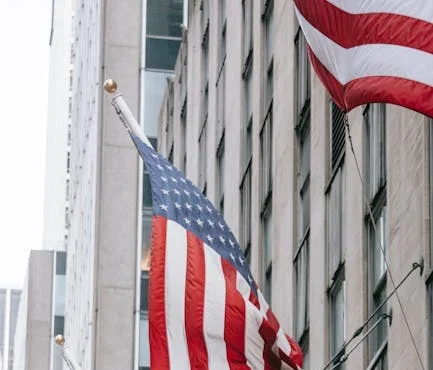“Ghanaians Must Become Virtuous!” – Cardinal Turkson’s Powerful Sermon at Nat’l Day of Prayer
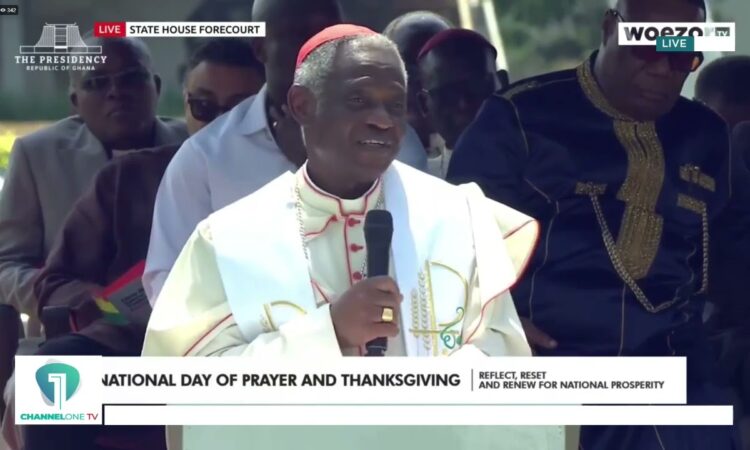
Ghanaians Must Become Virtuous! – Cardinal Turkson’s Powerful Sermon at National Day of Prayer
As we gather here today, surrounded by esteemed leaders and spiritual guides, I bring you peace and praise in the name of the Lord. We assemble not only in this place but across the regional capitals of our beautiful land, to give thanks to God. Our theme, “Reflection, Reset, and Renewal for National Prosperity,” is not just a collection of words. These are calls to moral clarity, national courage, and spiritual awakening, aiming to create a Ghana that offers opportunities for all its children.
The Power of Reflection
To reflect is to clearly see both our blessings and our blind spots. It is through reflection that we gain the insight necessary to identify the areas requiring change within ourselves and our communities. Recognizing these blind spots is essential because they can lead to destruction, division, and corruption if left unchecked. Reflection calls us to turn away from these negative paths. National prosperity is not just about accumulating wealth; it’s about ensuring the flourishing of every child in this land. This involves access to food, water, shelter, healthcare, education, security, and peace. Let us mark this gathering as a turning point towards a more just and unified country.
The act of reflection is not passive; it requires us to actively engage with our past and present, to understand the root causes of our challenges. We must ask ourselves probing questions: What values guide our decisions? How can we strengthen our communities to support one another? As we reflect, we must be willing to confront uncomfortable truths about inequality and injustice that persist in our society. Only through honest reflection can we begin to chart a new course towards a brighter future.
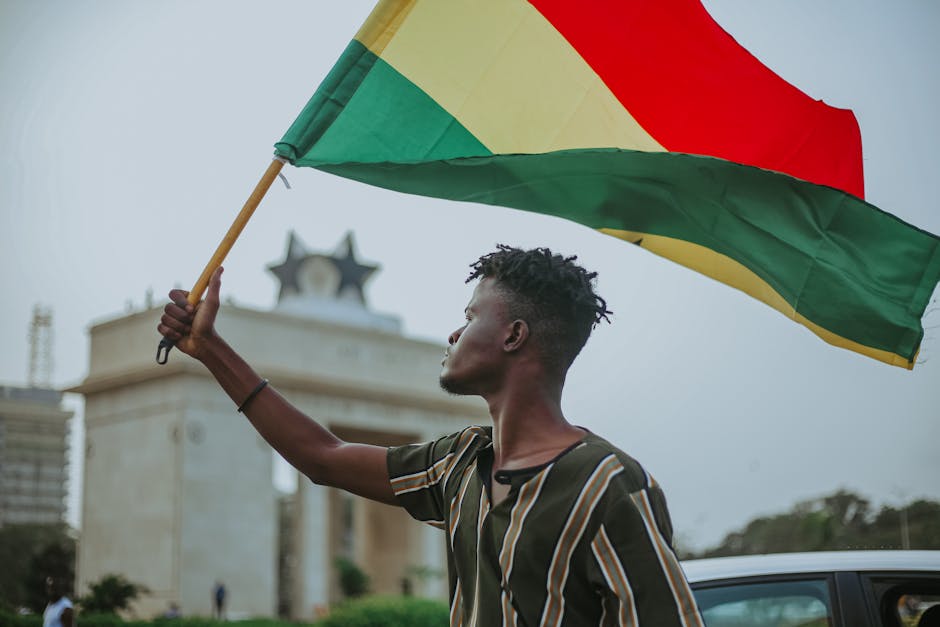
Resetting Our Paths
Our crossroads require us to discern which path leads to peace and prosperity. The prophet Jeremiah’s words invite us to stand at these crossroads, reflect, and seek the ancient paths that lead to God. Whether it’s Joshua leading Israel into the promised land or Josiah rediscovering God’s laws, history provides us with examples of resetting our paths to align with faithfulness and the common good.
Resetting our paths involves making deliberate choices to change the trajectory of our nation. It is about acknowledging that the current path may not be sustainable and requires adjustment. This reset is akin to a national awakening, where we collectively decide to prioritize the common good over individual interests. We must be willing to let go of practices and policies that have not served us well and embrace new approaches that foster inclusivity and sustainability.
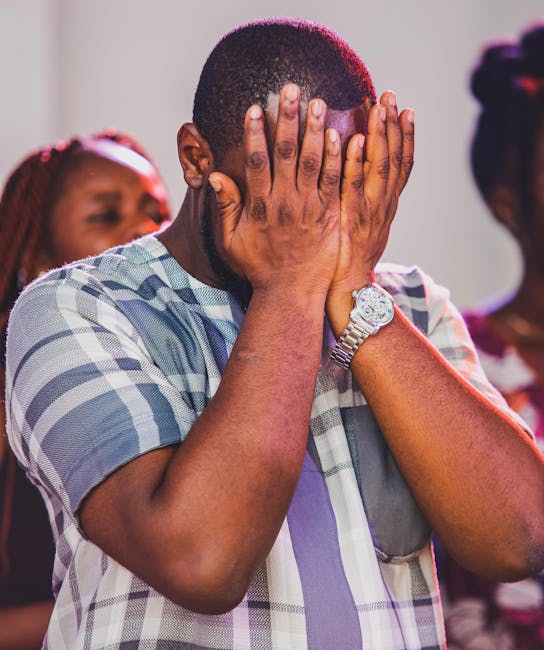
At the heart of this reset is a commitment to justice and equity. We must examine our systems of governance, education, and economic development to ensure they are designed to uplift all citizens, not just a select few. This may require bold reforms and a willingness to challenge the status quo. However, the rewards of a society built on fairness and opportunity for all are immeasurable. By resetting our paths, we open the door to a future where every Ghanaian can thrive.
A Call for Renewal
Renewal asks us to recommit ourselves to the common good. It involves revisiting our past to learn from both the triumphs and the mistakes. The comparison between Ghana, Singapore, and India highlights that our past decisions shaped our present circumstances. We must embrace the lessons learned and avoid repeating past mistakes to serve the well-being of all.

Renewal is a dynamic process, one that requires continuous effort and dedication. It is about breathing new life into our institutions and communities, ensuring they remain relevant and responsive to the needs of today and tomorrow. This renewal process must be rooted in a shared vision of national prosperity, where all Ghanaians feel a sense of ownership and responsibility for the nation’s future.
Renewal also demands a cultural shift towards greater empathy and understanding. We must cultivate a society where diverse voices are heard and valued, where collaboration and cooperation are prioritized over competition. By fostering a culture of inclusivity and respect, we lay the foundation for a more harmonious and prosperous nation.
The Common Good and Regulations
There’s a tale from Nairobi’s Rift Valley, where communal land is shared for grazing. The success of this common land depends on regulations and cooperation. Similarly, Ghana is blessed with resources meant for all. To avoid the “tragedy of the commons,” where shared resources fail due to individual greed, we must enforce regulations that serve the common good. It’s not just the president’s job; transformation depends on each of us.
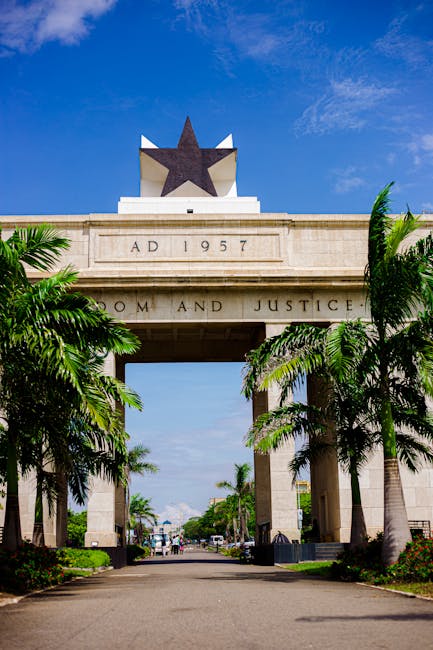
The concept of the common good is central to building a society that works for everyone. It requires us to think beyond our personal interests and consider the impact of our actions on the community as a whole. Regulations play a crucial role in safeguarding shared resources and ensuring they are used sustainably and equitably. However, regulations alone are not enough; they must be coupled with a collective commitment to uphold and respect them.
Each of us has a role to play in this endeavor. From policymakers to ordinary citizens, we must all work together to create a culture of accountability and stewardship. By prioritizing the common good, we can protect our natural resources, promote economic stability, and enhance the quality of life for all Ghanaians.
Virtue as Our Guide
Our belief in God should guide our vision of the world and our place in it. We need virtuous Ghanaians—individuals who balance their lives with virtue. Without this, greed will dominate, leading to negative consequences like the pollution of our rivers and health issues in our communities. Virtue calls us to think beyond personal gain and focus on Ghana as a whole.
Virtue is the compass that directs us towards ethical and moral decision-making. It is grounded in principles such as honesty, integrity, and compassion. By cultivating virtue in our lives, we become agents of positive change, inspiring others to do the same. Virtue is not an abstract concept; it is reflected in our everyday actions and interactions.
To embrace virtuous living, we must commit to continuous self-improvement and character development. This involves being mindful of our words and deeds, striving to be role models for the younger generation. By demonstrating virtue in action, we can build a society that values integrity and justice.

Solidarity and Fraternity
We need a renewed sense of solidarity, where we care for one another and face challenges together. This solidarity allows us to replan our journey, set new goals, and not yield to despair. Embracing the values of our past and our faith, we can find solutions that achieve the common good.
Solidarity is about recognizing our interconnectedness and the strength that comes from unity. It is about standing together in times of adversity and celebrating each other’s successes. A society built on solidarity is resilient, able to weather challenges and emerge stronger.
Fraternity, or brotherhood, extends beyond national borders. It calls us to show compassion and empathy towards all people, regardless of their background. By fostering a spirit of fraternity, we contribute to a more peaceful and just world.
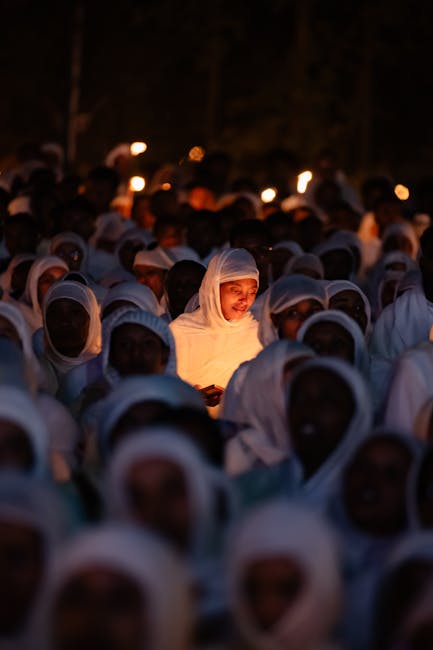
Embracing Virtuous Living
As we pray for our land, government, and leaders, let us also develop the conditions for a virtuous life. You don’t need to be a priest or a distinguished person to live virtuously. Reflect on what is right and proper, reset by casting out evil, and renew by embracing what is good for a prosperous future. May God, to whom everything is possible, guide us in this endeavor.
Let us embrace this powerful message and commit to being virtuous in our daily lives, for the betterment of Ghana and its future. By doing so, we honor our heritage, fulfill our potential, and create a legacy of hope and prosperity for generations to come. May our actions reflect the values we hold dear, and may they inspire others to join us on this journey of transformation and renewal.










